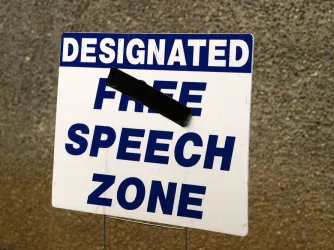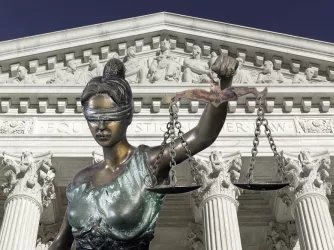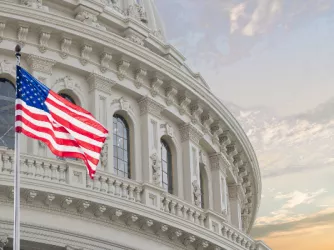Freedom of assembly is the right of individuals to come together to express shared ideas, and it is one of the rights expressly guaranteed by the First Amendment. This includes the right to peaceably protest and to gather, and it also extends to the right to associate — essential guarantees for ideas to flow freely.
These freedoms have allowed students to organize to express popular and unpopular ideas alike, and have enabled the development of on-campus protest movements, like the Berkeley Free Speech Movement, through which students and the public come together in support of various political and religious causes.














